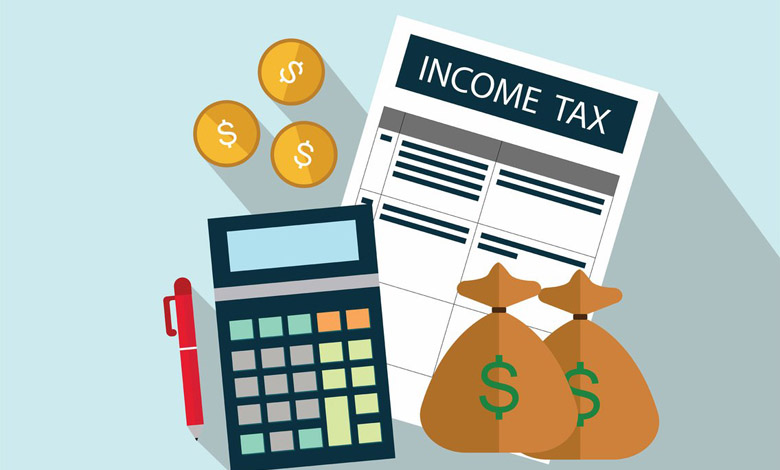National Taxpayer Advocate Nina E. Olson today released here annual report to Congress, identifying the need for tax reform as the number one priority in tax administration. The Advocate expressed continuing concern that the IRS’s increasing use of hard-core enforcement actions, particularly tax liens, is inflicting unnecessary harm on financially struggling taxpayers. The report also examines challenges the IRS is facing in implementing the new health care law.
Tax Reform
" There has been near universal agreement for years that the tax code is broken and needs to be fixed," Olson said in releasing the report. "Yet no broad-based attempt to reform the tax code has been made. This report documents the burdens the tax code imposes on taxpayers and explores why many taxpayers may nevertheless feel wedded to key aspects of the current system, undermining efforts at reform."
Individual taxpayers find return preparation so overwhelming that about 60 percent now pay preparers to do it for them. An additional 29 percent use tax software packages costing $50 or more. IRS researchers recently estimated that the annual monetary tax compliance burden of the median individual taxpayer (as measured by income) is $258.
Tax Reform Challenges and Public Awareness. The report discusses why efforts at tax reform – which usually focus on eliminating tax breaks in exchange for lower rates – have not succeeded. "It is sometimes suggested that taxpayers are looking for a free lunch – that they want to see lower rates but keep their tax breaks and retain their government benefits, all while balancing the budget," Olson said. "But this perspective overlooks the fact that federal tax and spending policies are complex, and most people don’t have the time to study these policies in detail. Our aim is to improve public knowledge of the trade-offs involved and to help policymakers and the taxpaying public conduct a more informed conversation about tax reform alternatives."
The report attempts to improve awareness of the extent to which taxpayers benefit from tax breaks by discussing the subject in detail. The report attempts to improve awareness of the connection between taxation and spending by recommending that the government provide all taxpayers with a "taxpayer receipt" each year that presents a breakdown showing how their federal dollars are spent.
"The Special Interests Are Us." The report there is a widespread belief that the influence of entrenched "special interests" is the biggest roadblock to comprehensive tax reform. "There is no doubt that many provisions in the tax code benefit narrow groups of taxpayers," the report says. "But the dirty little secret is that the largest special interests are us – the vast majority of U.S. Taxpayers. Virtually all of us benefit from certain exclusions from income, deductions from income, or tax credits."
These tax breaks (known as "tax expenditures") now total $1.1 trillion a year. Among the largest are the exclusion of employer contributions for health care, the exclusion for retirement plan contributions and earnings, the mortgage interest deduction, reduced tax rates for dividends and capital gains, exclusions for Medicare benefits, the earned income tax credit, and the deduction for state and local taxes. Other popular benefits include the child and dependent care credits; the deductions for charitable donations and contributions to traditional IRAs; and exclusions for distributions from Section 529 education savings plans, for contributions to Flexible Spending Accounts (both medical and dependent care), and for public transportation subsidies.
If you are filing your taxes online this year or need online tax help please feel free to contact us at http://onlinetaxpros.com.



